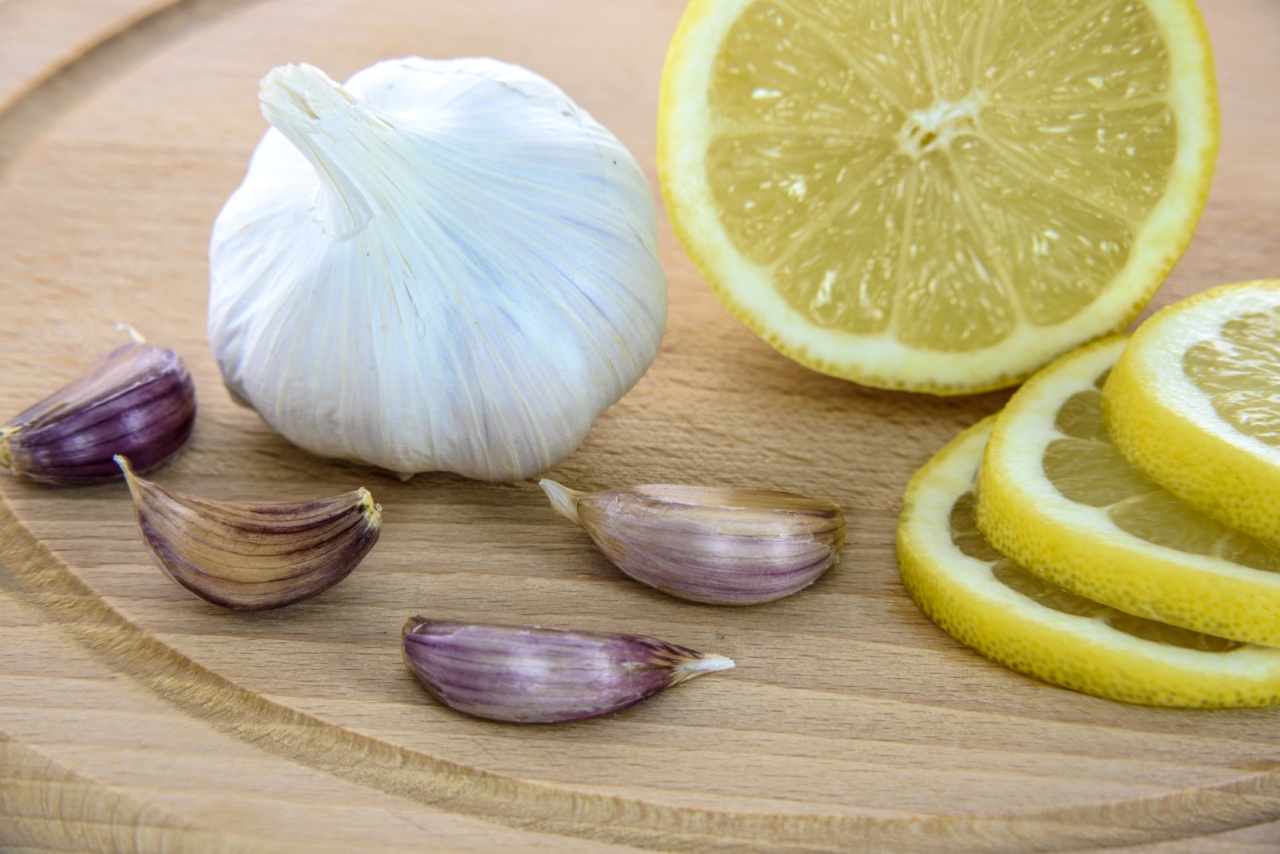A duodenal ulcer is a painful sore that forms in the lining of the upper part of the small intestine, known as the duodenum.
While medical treatment is essential for managing this condition, adopting a proper nutritional approach can greatly aid in the healing process.
1. Consume a Balanced Diet
A balanced diet rich in fruits, vegetables, whole grains, and lean proteins is crucial for promoting healing and reducing inflammation in the digestive tract.
Ensure that your meals include a variety of nutrient-dense foods to provide your body with the necessary vitamins and minerals.
2. Increase Fiber Intake
Fiber is essential for maintaining good digestive health. It helps regulate bowel movements and prevents constipation, which can worsen duodenal ulcers. Include high-fiber foods such as whole grains, legumes, fruits, and vegetables in your diet.
However, pay attention to how your body responds to fiber as it may aggravate symptoms in some individuals. If that’s the case, opt for lower-fiber sources.
3. Choose Anti-Inflammatory Foods
Inflammation contributes to the development and worsening of duodenal ulcers. Incorporate foods with anti-inflammatory properties, such as fatty fish (rich in omega-3 fatty acids), olive oil, nuts, seeds, and turmeric, into your meals.
These foods can help reduce inflammation in the digestive system.
4. Avoid Trigger Foods
Identify and avoid foods that trigger your symptoms or worsen your duodenal ulcer. Common trigger foods include spicy foods, caffeine, alcohol, citrus fruits, tomatoes, and fatty or fried foods.
Pay attention to your body’s reactions and modify your diet accordingly.
5. Eat Small, Frequent Meals
Instead of consuming large meals, opt for smaller, more frequent meals throughout the day. This approach can help reduce the production of stomach acid and prevent excess pressure on the duodenal ulcer, promoting faster healing.
6. Incorporate Probiotics
Probiotics are beneficial bacteria that can help maintain a healthy gut microbiome. They may aid in reducing inflammation and improving the overall health of your digestive system.
Include probiotic-rich foods like yogurt, kefir, sauerkraut, and kimchi in your diet.
7. Stay Hydrated
Drink an adequate amount of water throughout the day to keep your body hydrated. Water helps lubricate the digestive tract and promotes healthy digestion, which is essential for healing duodenal ulcers.
8. Limit Stress
Chronic stress can exacerbate digestive disorders, including duodenal ulcers.
Incorporate stress-reducing techniques such as meditation, yoga, deep breathing exercises, and regular physical activity into your daily routine to support the healing process.
9. Consider Supplements
In consultation with your healthcare provider, consider supplements that may benefit the healing of duodenal ulcers. These may include zinc, vitamin C, vitamin E, and deglycyrrhizinated licorice (DGL).
However, supplements should not replace a balanced diet and medical treatment.
10. Monitor and Adjust
Everyone’s body is unique, and their response to dietary changes may vary. Monitor your symptoms and overall well-being closely as you follow a nutritional approach to healing your duodenal ulcer.
Adjust your diet based on how your body reacts and consult with your healthcare provider for further guidance.































